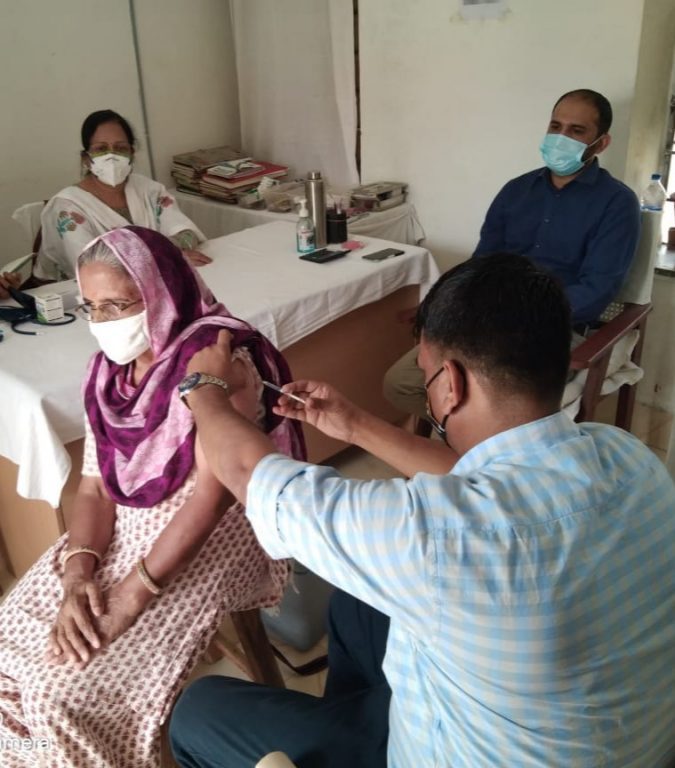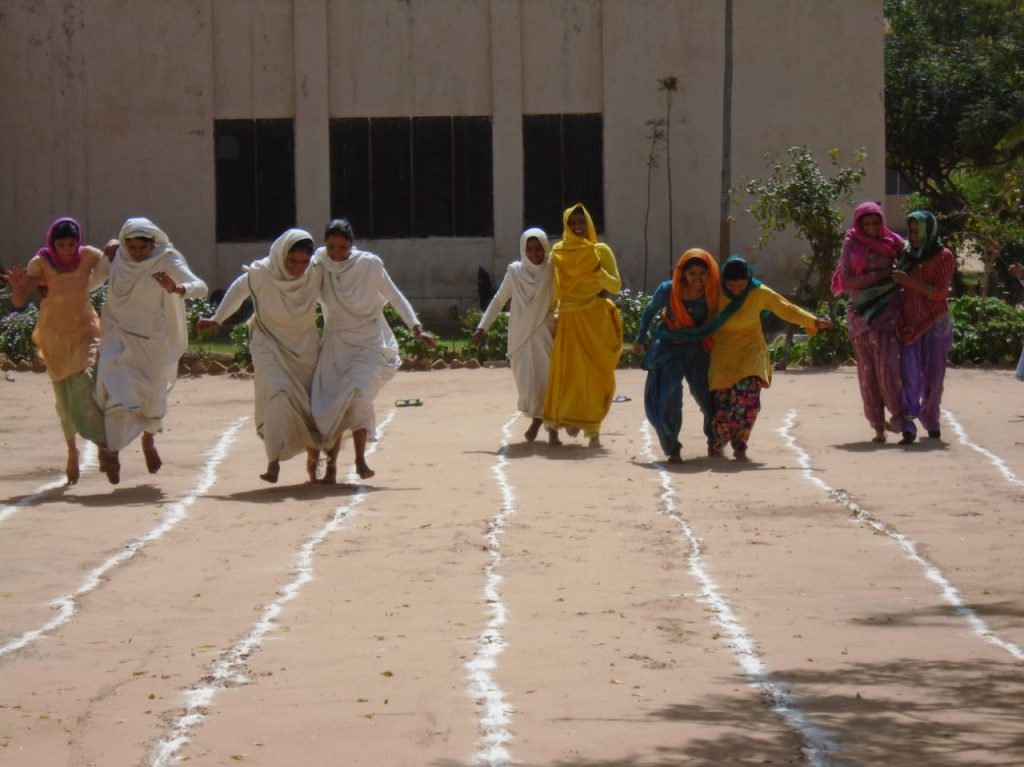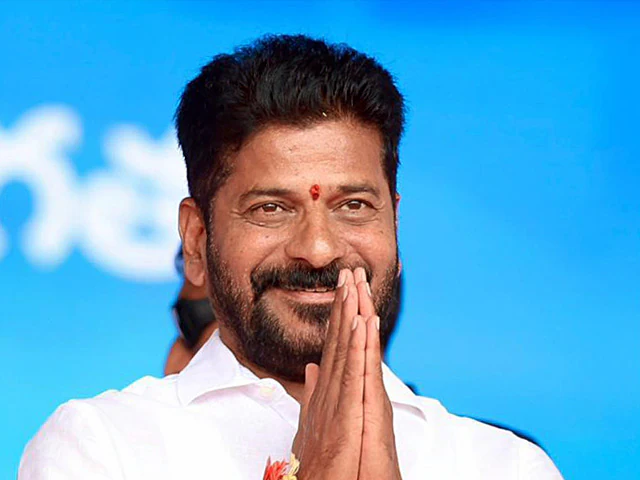Reforms, like innovation, are continuous processes and aid in the optimal functioning of a system. IPS Rajeev Dasot is continuously working for the reformation and rehabilitation of prisoners residing in the jails of Rajasthan. Whether it’s making an entire film based on their lives or bringing in new measures for their betterment, the Director-General (Prisons) of Rajasthan is doing everything in his capacity to change the mindset of society regarding these people.
His endeavors gained Rajasthan prisons number 1 position on the India Justice Report 2020 – an initiative of Tata Trusts, in collaboration with Centre for Social Justice, Common Cause, and Commonwealth Human Rights Initiative, etc.!
Exclusively speaking with Indian Masterminds, Mr. Dasot talked about the various changes that he brought in prisons.

ROAD TO REFORM
To highlight the transition of inmates departing from the prison after serving their due tenure, the Jail administration on June 28, 2021, named the road leading from Jaipur Central Jail building to the campus exit on MI Road, the ‘Road to Reform’.
“Rajasthan jail department has been working to help the inmates in giving up their criminal past and strive for a new beginning. As for those willing to change, the department supports them to acquire new livelihood skills and education while serving their sentence behind prison walls. The road is a representation of their journey to a normal crime-free life as also a message to the public to accept such reformed people,” Mr. Dasot said after unveiling the road.

NEW REFORMS FOR UPLIFTMENT
Rajasthan jail department has been persistently making efforts to redefine the role of prisons once they complete their sentence. The department recently has taken up several measures for providing skills and rehabilitating prisoners, helping them to utilize their prison tenure as an opportunity to reform. Those willing to change are offered support at various levels.
Elimination of Caste Based Work Division:
About 120 years ago, an Act was framed by the British regime, discriminating between prisoners on the basis of caste in delegating tasks such as cooking and cleaning in jail. This Act clearly mentioned that cooks in the prison shall be Brahmins or high-caste Hindu prisoners. Cleaning work was entrusted to the ‘lower caste’ inmates.
“We got the Rajasthan Prisons Rules, 1951 which were made under The Prisons Act, 1894, amended within 20 days, with the support of the Government. The state government amended The Rajasthan Prison Rules, 1951 and titled it the Rajasthan Prisons (Amendment) Rules, 2021,” Mr. Dasot told Indian Masterminds. Now such discriminations do not exists in the state jails.

Premature release of prisoners:
On the occasion of Rajasthan Day, March 30th, the officer prematurely released 1,349 prisoners under section 432 CRPC, from different jails under humanitarian grounds.
“Most of the released prisoners are those who have completed 14 years in jail and have earned remission of two and a half years on the basis of their good conduct in jails,” said Mr. Dasot.
On their release, the eldest man and the eldest woman prisoner were also honored by making them inaugurate the jail’s new gate.

Covid Management:
The jail has seen zero cases of Covid-19 till now and all their prisoners and staff are fully vaccinated, thereby preventing any chance of catching the virus.

Open Jails:
Within the last nine months, Mr. Dasot shifted 231 prisoners to ‘open jails’ – a concept wherein the prisoners do not reside in closed cells but are given 2 bhk houses by the government, where they can live with their family, breed cattle, and also go out to earn a living like a normal citizen till their curfew time (from evening to morning).
“We have over 1100 prisoners living in open jails in every Rajasthan district,” pointed out Mr Dasot.

Blue Saree Reform:
Giving relief to the married women prisoners, Mr. Dasot officially got the color of the sarees worn by inmates changed to light blue from white – as white symbolizes widowhood in India.
“This brought a change in atmosphere and attitude from negative to positive. We could sense joy, zeal, and happiness in the air of women prisons,” the DGP added.
Furthermore, the officer opened a crèche for the children of inmates in the women’s prison.

Change in Barrack allotment:
Favoritism among the prisoners and staff brought in discrimination during the allotment of barracks. The favored ones were given the more comfortable barracks while the others were made to stay in average barracks.
To change this, Mr. Dasot initiated an alphabetical order system for allotment. “Barrack 1 has people whose names start with A,B,C,D; barrack 2 – E,F,G,H, and so on.” This move drastically prevented corruption in the jail premises.

Operation Flush out:
This was the key to the success of all reforms as through this, the IPS officer conducted about 20,774 searches in 144 jails in nine months, through which they recovered 198 mobile phones being operated from jail.
“We also recovered opium, tobacco, cigarettes and other prohibited items. This helped us in zeroing in on 2% hardcore criminals in categories, whom we shifted 500 kilometers away. They did not wish to be reformed and thus, we could focus on the 98% that actually wished to develop themselves,” Mr Dasot held.
Similarly, a number of corrupt jail staff was also identified and dismissed from service.

Petrol Pump by prisoners:
In collaboration with Indian Oil, Mr. Dasot trained 60 open-jail prisoners to operate a petrol pump and through this, they are able to earn their livelihood from 5 AM to 10 PM. This petrol pump earns over Rs one crore per year.
“The earning from the petrol pump goes to prison development board and will be used for the welfare of prisoners and infrastructure of jails,” Mr Dasot told Indian Masterminds.
Video Conferences:
Covid-19 prevented face-to-face interaction of prisoners with their families, which resulted in anxiety among many of them. To help them, Mr. Dasot allowed every inmate to talk for five minutes per week on a video call with their families.
“By 5th June, we had completed 1,00,000 video calls between prisoners and their families, and were ranked no.1 by the government.”

Mr. Dasot’s various measures for reformation are evidently bearing fruits!



































